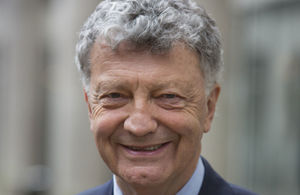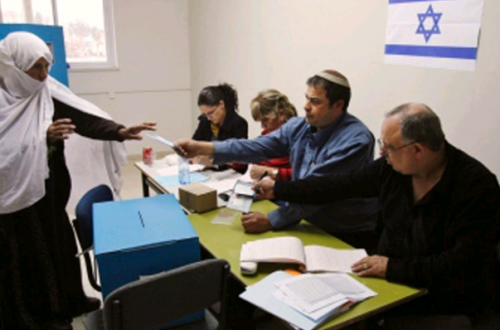It looks like the divisions around issues of extremism are becoming sharper and clearer – and that more people are taking an interest in them. As John Sargeant says at the end of his post on Cage – ‘finally more people are listening’. If you listened to Asim ‘I am not a theologian’ Qureshi avoid answering a question on stoning recently, you may want to listen to his rather more forthcoming response when interviewed by Julian Assange.
Predictably, the recent scrutiny of Cage and its funders has led to a backlash, an attempt to place ‘neocons’ under the spotlight. Here Nafeez Ahmed, formerly a researcher at the IHRC, warns readers about ‘White supremacists at the heart of Whitehall’. The article promises
Behind the facade of concern about terrorism is a network of extremist neoconservative ideologues, hell-bent on promoting discrimination and violence against Muslims and political activists who criticise Israeli and Western government policies
a little more than it delivers.
Ahmed refers to ‘Murray’s screed against the free speech of those asking questions about the intelligence services’. I assume, given that it’s this piece in the Express which is linked to, that he’s basing his accusation on this observation from Murray:
Academics who think terrorist recruiters are exercising free speech and the media organisations who think terrorist supporters are human rights heroes – these are the problems we must confront at home.
Some of the criticisms levelled at Murray and others are better evidenced – but his conclusion is unearned:
One of the constantly recurring themes promoted by these neocon “terror experts” is the idea of evil Muslims everywhere secretly trying to infiltrate everything. Yet we now know that the supposed evidence for this has largely been concocted within the bowels of government itself.
The first sentence is a straw man – and ‘we now know’ nothing of the sort.
Next month, Stand For Peace reports, Sayeeda Warsi will take part in a panel event, ‘Islam in Britain: Shaping our Future’, organised by MEND (the rebranded iEngage). She is due to share a platform with Yasir Qadhi – you can read more about him here and Abu Eesa Niamatullah, whose views about ‘the children of Israel’ can be heard here – and as he traces his reasoning back to the Qur’an this can’t really be framed as ‘legitimate criticism of Israel’. It will be interesting to see if Warsi challenges the views of her fellow speakers.
Identifying a problem with extremism is one thing – dealing with it is another. David Aaronovitch wrote a great article in the Times recently, responding to that poll of Muslim opinion on free speech and democracy. It’s behind a paywall, but he concluded:
Are we repeating this error by, for example, arguing about the burka, or worrying about the hijab, shouting about halal or moaning about mosque building? By suggesting, in effect, that Muslims should take loyalty tests?
We walk a tightrope. We need to maintain what is essential about liberal democracy and we also need to avoid, by a lack of thought and knowledge, creating an alienation which would bedevil us for decades to come.
Here’s an extract from today’s report in the Telegraph on the Home Office’s apparent determination to crack down on extremism:
Last year, Mrs May promised to “undermine and eliminate extremism in all its forms”. The Home Office draft document says it is not “primarily” directed at terrorism, but at behaviour which, while “often legal”, is said to cause social division and “very significant damage to our communities”.
Such behaviour includes hate speech by extremist preachers, the activities of some local authorities and plots such as the “Trojan Horse” conspiracy in Birmingham where hardline Muslims pushed out secular head teachers to Islamise non-faith state schools.
Other extremist behaviour targeted under the crackdown is likely to include violence against women, such as female genital mutilation and honour killings.
This is a tricky area. The appeal to community cohesion as a reason for clamping down on legal activities seems to echo some of the arguments used against depicting Mohammed. This doesn’t mean that the Home Office’s analysis is wrong – but it’s useful to be aware of counterarguments in order to stay on the tightrope, to borrow David Aaronovitch’s image.
One proposal is that:
There will also be an introduction of penalties in the benefits system to make people learn English to improve their integration into British society.
I am not aware that there is any particular intersection between extremism and a poor command of English. And, although it is of course a problem if people can’t fully engage with others due to language barriers, it’s also a problem if places on English courses aren’t easily available.


